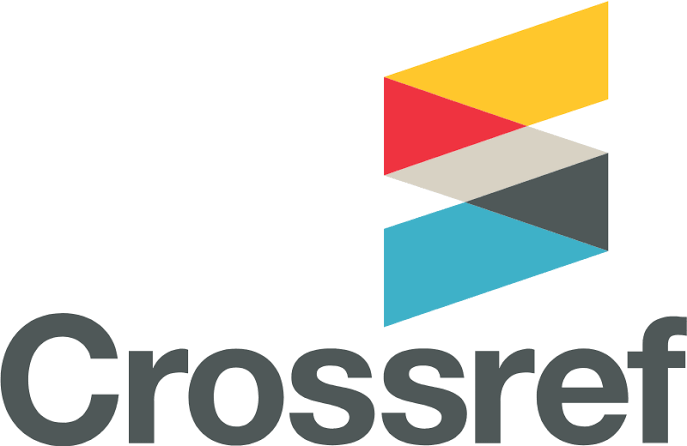LEVERAGING SCHOOL PLANT MANAGEMENT FOR EFFECTIVE SERVICE DELIVERY IN PUBLIC SENIOR SECONDARY SCHOOLS IN RIVERS EAST SENATORIAL DISTRICT OF RIVERS STATE
DOI:
https://doi.org/10.5281/m.v7i1.116Keywords:
Leveraging, School Plant Management, Effective Service DeliveryAbstract
This study examined leveraging school plant management for effective service delivery in public senior secondary schools in Rivers East Senatorial District of Rivers State. The study was guided by three research questions and one null hypothesis. The study employed a descriptive design with a population comprised of 115 principals in public senior secondary schools in Rivers East Senatorial District of Rivers State. The census sampling technique was adopted to determine the entire population of the 115 principals. A self-developed questionnaire, titled "Leveraging School Plant Management for Effective Service Delivery Questionnaire (LSPMESD)," was used as the data collection instrument. The instrument underwent face validation by an expert to ensure validity, and reliability testing was conducted using Cronbach's alpha, yielding a coefficient of 0.74, indicating high internal consistency. Descriptive statistics (mean and standard deviation) were used to answer research questions, while the Independent t-test was employed to test the null hypotheses at a 0.05 level of significance using SPSS Version 26.0. The study revealed regular maintenance and upkeep, effective utilization of resources, implementation of safety and security measures, adoption of sustainable practices and fostering community engagement and partnerships essential strategies and inadequate funding, lack of skilled personnel, poor infrastructure, corruption, and lack of community engagement are major obstacles to effective school plant management. The study concluded that effective school plant management is crucial for improving service delivery in public senior secondary schools. To achieve this, governments and educational authorities must address challenges and implement strategies, including funding, training, infrastructure development, anti-corruption measures, community engagement, and gender-sensitive approaches.
Downloads
Published
How to Cite
Issue
Section
License

This work is licensed under a Creative Commons Attribution-NonCommercial-NoDerivatives 4.0 International License.











